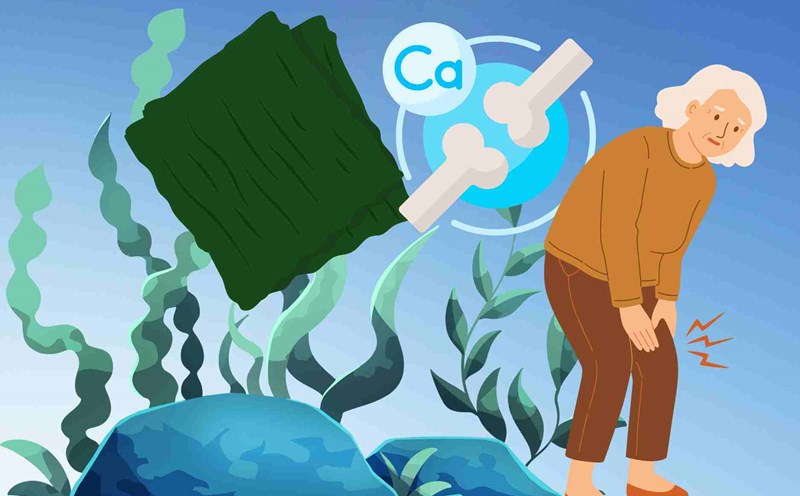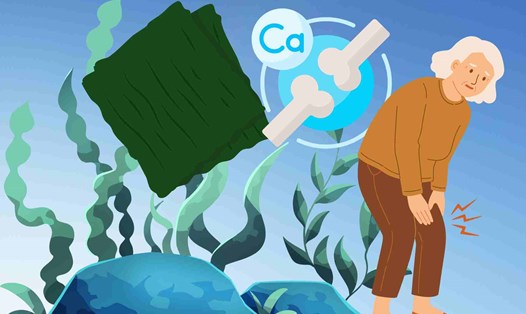However, not everyone who supplements a lot of calcium means that the body absorbs it effectively. Nutritionists say the key is the way we eat and live our daily lives.
One of the important factors that helps the body absorb calcium is vitamin D. When the skin is exposed to sunlight, the body synthesizes vitamin D, thereby promoting the process of attaching calcium to bones. Even if the diet is rich in calcium, if vitamin D is deficient, the body cannot use it effectively, emphasized Dr. Robert Heaney, an endocrinologist at Creighton University (USA).
In addition to vitamin D, a balanced diet also plays a decisive role. Research by Harvard T.H. Chan School of Public Health recommends combining foods rich in calcium ( Milk, cheese, small fish eaten with bones, green leafy vegetables) with foods containing magnesium and vitamin K2 to support the process of fixing calcium in bones.
Conversely, the habit of consuming too much salt, caffeine or carbonated soft drinks can increase calcium excretion through the kidneys, reducing absorption efficiency.
In addition to nutrition, regular physical activity, especially weight-bearing exercises such as brisk walking, climbing stairs or weight training, have also been shown to help strengthen bones.
Experts from the Mayo Clinic (USA) recommend that adults need about 1,000-1,200 mg of calcium per day, but it is important to supplement properly and facilitate the body's absorption. A varied diet, combined with reasonable sunathing and maintaining exercise are simple but effective measures to protect the skeletal system in the long term.
(The information in the article is for reference only, not a replacement for medical diagnosis or treatment. You should talk directly to your doctor for accurate advice that is suitable for your health condition.)











